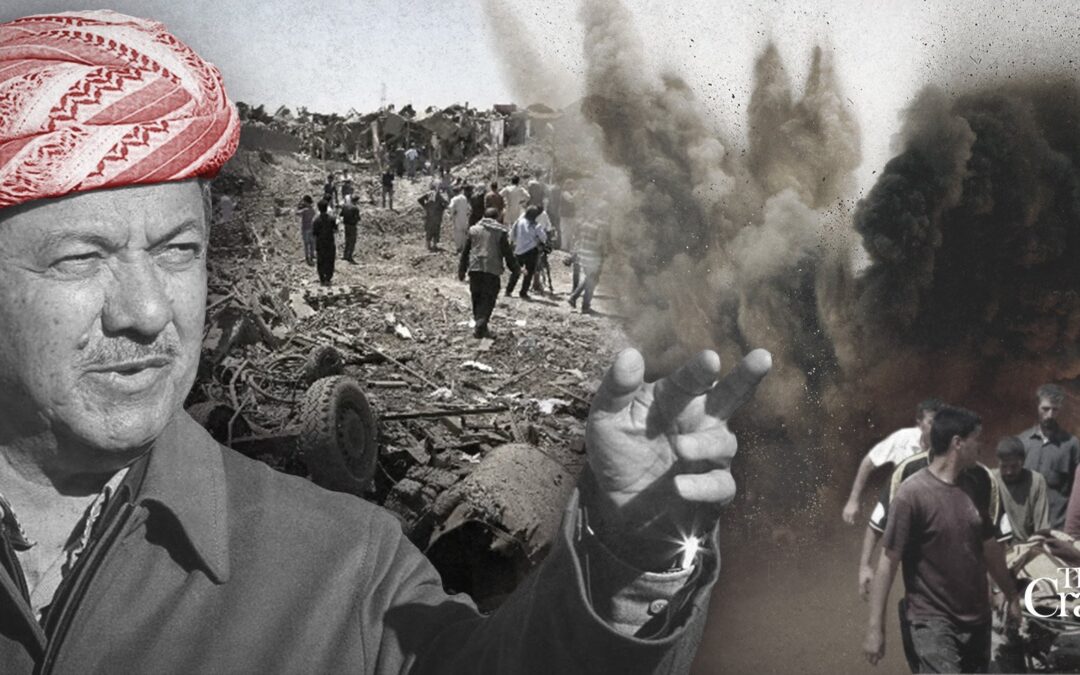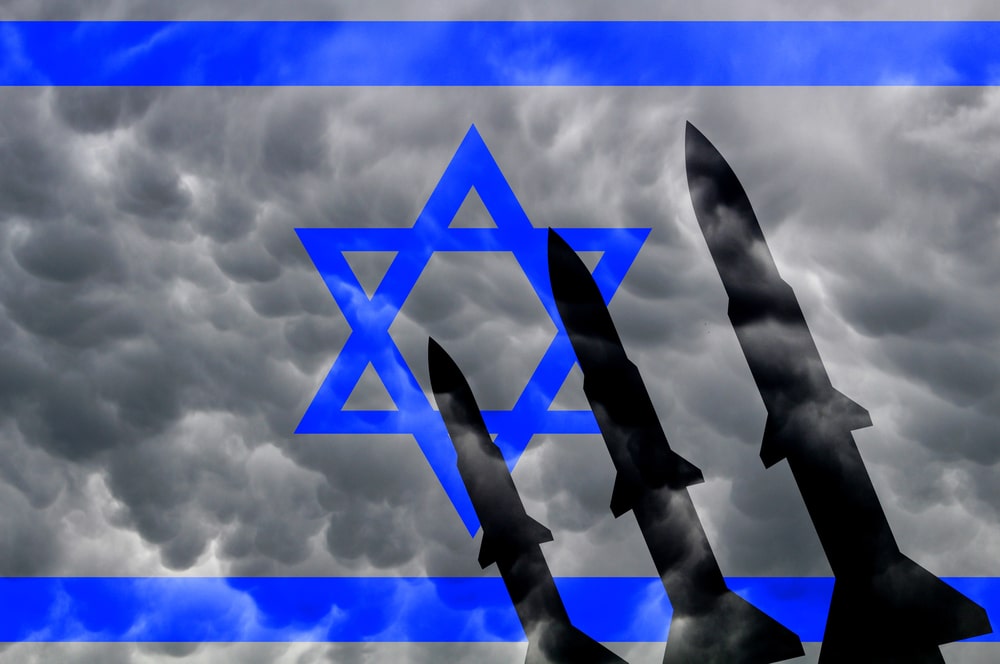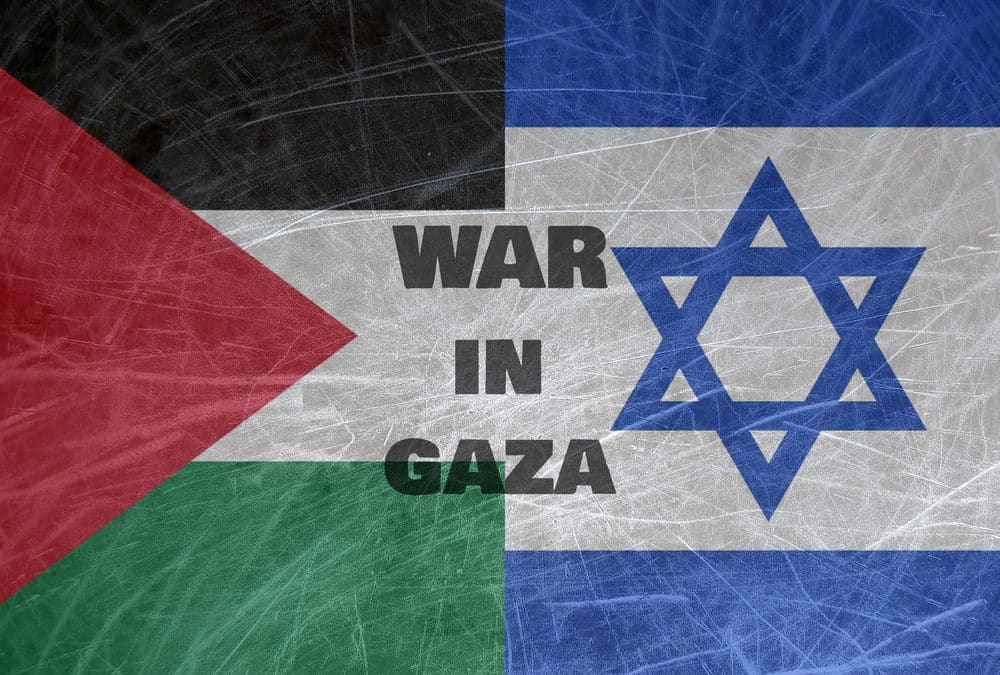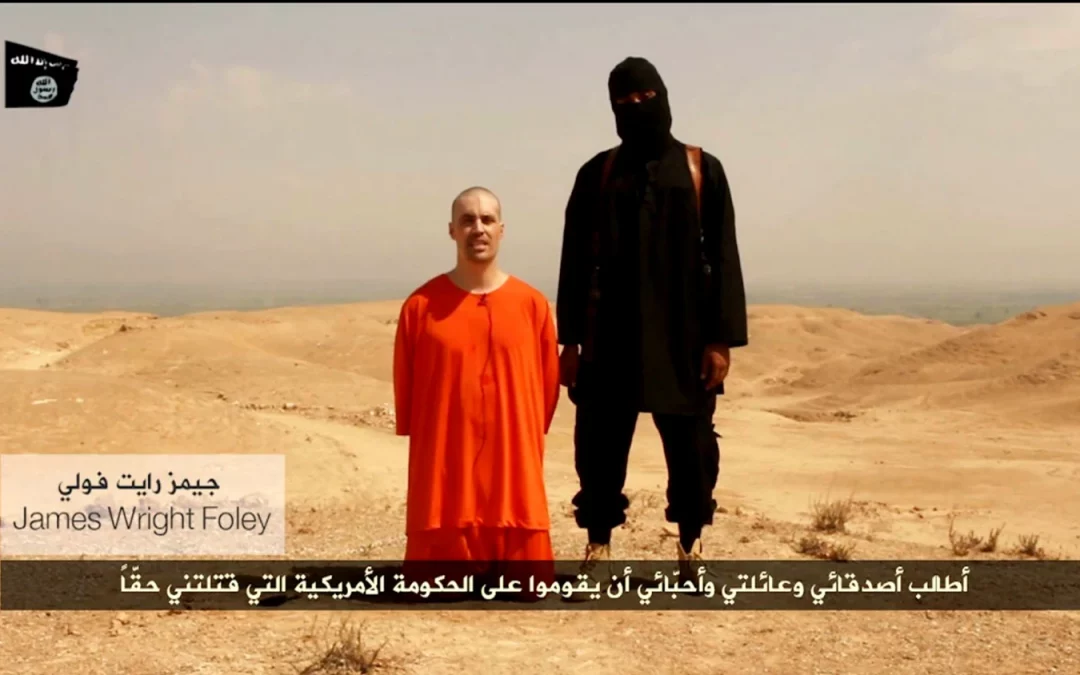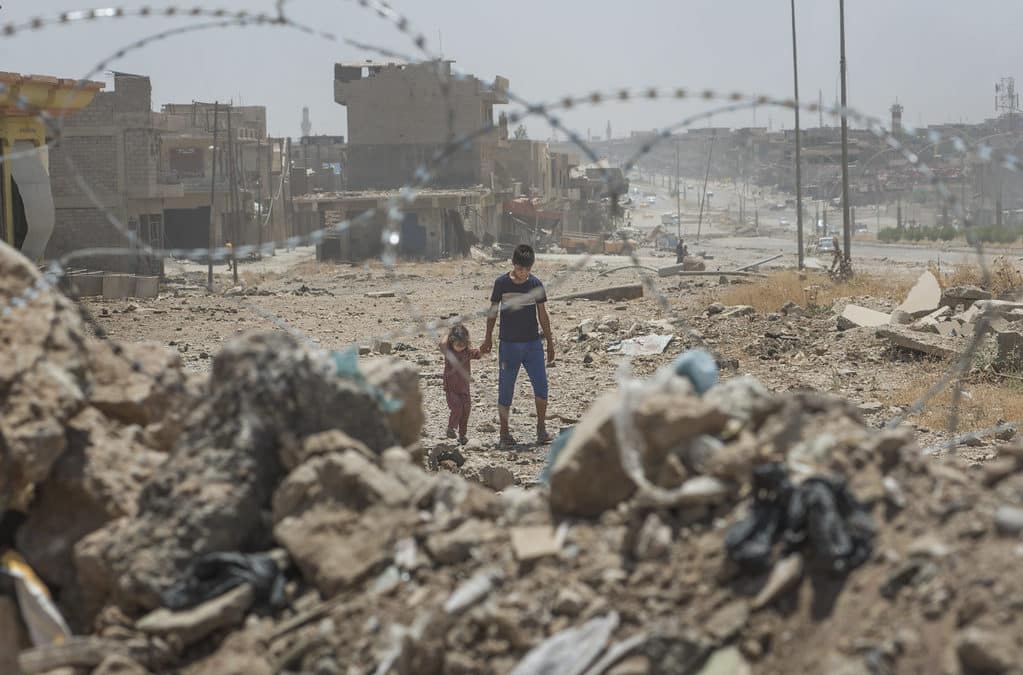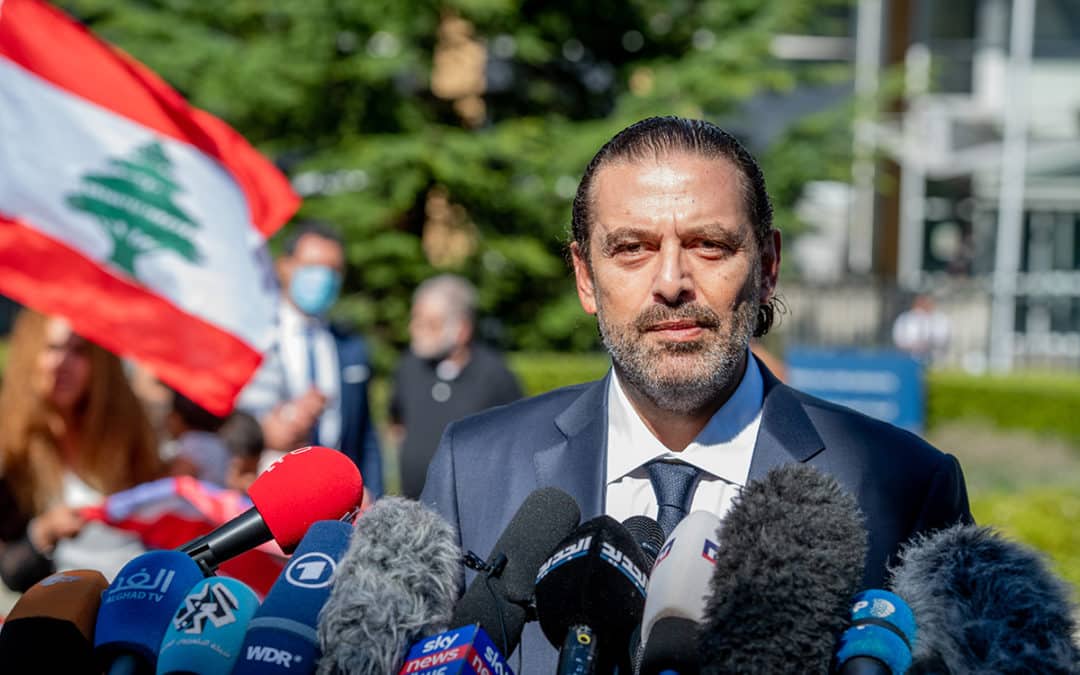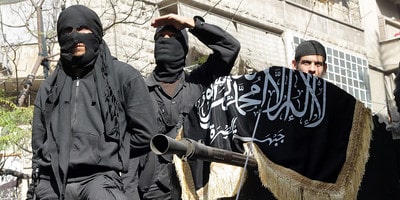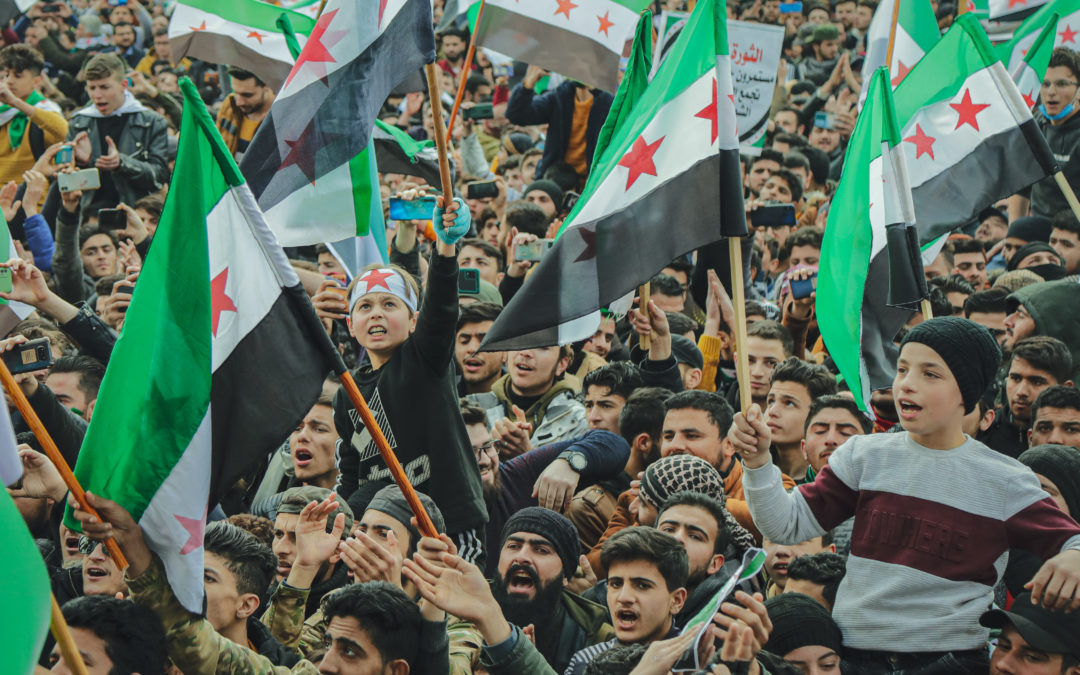On 14 August 2007, four massive truck bombs tore through the small Yezidi towns of Tel Ezer and Siba Sheikh Khidr in Sinjar, a remote district in northwest Iraq. The explosions killed over 800 members of the persecuted religious minority, marking it one of the deadliest terror attacks in history. Rashid, a survivor of the attack in Tel Ezer, tells The Cradle that on the day of the bombing, his father sent his older brother to the market in the center of town to buy some things for the family. “When the bomb exploded in the market, I was in the garden of my home. Even though the bomb blast...
